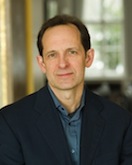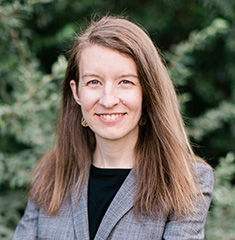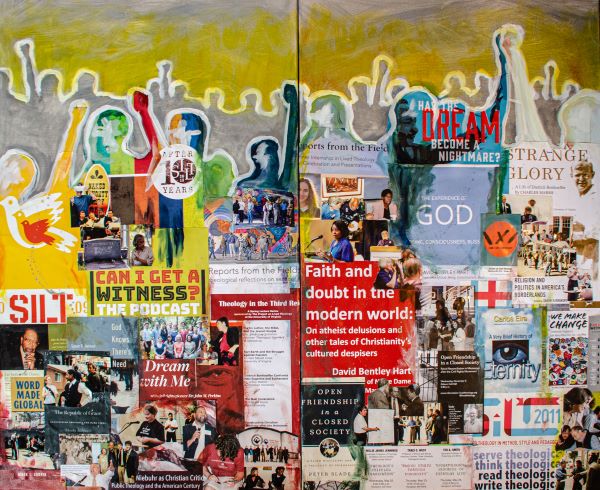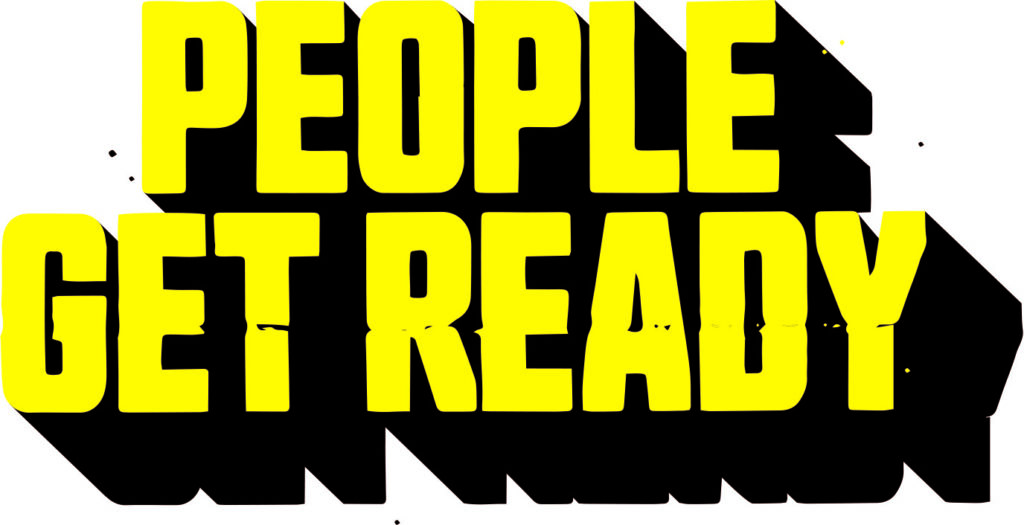The Project on Lived Theology: Walking the Walk


Theology matters in advancing a more just and compassionate world, suggests Charles Marsh and Kim Curtis of the Project on Lived Theology at the University of Virginia. Marsh is a professor in the Department of Religious Studies in the College and Graduate School of Arts & Sciences and director of the Project on Lived Theology. Curtis is a communications and event coordinator at the Project on Lived Theology.
THE PROJECT ON LIVED THEOLOGY: WALKING THE WALK
Some years ago, Charles was introduced to an audience as “the director of the Project on Livid Theology.” Both of us sometimes think that might be a better way of characterizing our work at the Project on Lived Theology. All kidding aside, theology matters, now more than ever. But what makes theology “lived”? Simply put, lived theology is how individuals and communities embody their religious beliefs, oftentimes in order to advance a more just and compassionate world. In other words, lived theology is not only how you “talk the talk” but how you “walk the walk.”
The Project on Lived Theology (PLT), housed in the University of Virginia’s Department of Religious Studies, was established in the summer of 2000 with a generous grant from the Lilly Endowment. Our mission is to clarify how theology and lived experience are connected. We do this by offering opportunities for sharing, learning, teaching, reading, and writing, all in the service of social justice and human flourishing. With more than 400 alumni in our workgroups and programs, PLT offers a variety of spaces where theologians, scholars, and students of religion can collaborate with practitioners and non-academics. We produce books, scholarly and popular essays, field reports, oral histories, and other resources that plumb the theological depth and detail of lived experience.

For example, this past December, in response to the challenges facing many young scholars during the pandemic, PLT provided funding to thirty graduate students in UVA’s Religious Studies department. Each funding recipient was awarded a $500 stipend in support of his or her research, writing, and professional needs. We are excited to see how their varied and groundbreaking work will contribute to a better understanding of lived religious experiences and practices, past and present.
The civil rights movement of the 1950s and 1960s, primarily based in the American South, is one of the best-known examples of lived theology and, as a result, is a key research interest of PLT. This past fall, we created a curated list of our online resources that explores how the civil rights movement can provide us with lessons from history as we face the seemingly insurmountable challenges of today, from living during a pandemic to coming to terms with white supremacy and racial injustice. This list, which includes an interview with the late civil rights hero John Lewis and video with leaders of the Montgomery bus boycott, is just a sample of some of the video, audio, and text found on our website.

In addition, we are currently working on a new-and-improved civil rights digital database for our website. This searchable archive will provide access to interviews with participants who were in (and against) the civil rights movement, in addition to a wealth of bibliographic entries of documentary evidence from the time period. One of our talented undergraduate researchers is currently leading another upcoming PLT digital project, specifically about civil rights in Virginia.
The importance of collaboration to our work is best exemplified by our Spring Institute on Lived Theology (SILT), during which members of the academic and non-academic worlds gather together to explore issues of faith and social practice. This year’s SILT group is meeting throughout the year over Zoom to work on the upcoming PLT book People Get Ready! Thirteen Jesus-Haunted Misfits, Malcontents and Dreamers for Troubled Times.

One of our People Get Ready writers is Jemar Tisby, a doctoral student in history at the University of Mississippi. In addition to his various other professional achievements, Jemar was recently named assistant director of narrative and advocacy at Boston University’s Center for Antiracist Research. Jemar’s People Get Ready chapter is devoted to Tom Skinner, who, throughout the 1970s and 1980s, combined a traditional evangelical gospel message with an outspoken African American critique of systemic injustice and racist power structures. On top of all this, Jemar has written a new book that we’re really excited about called How to Fight Racism: Courageous Christianity and the Journey Toward Racial Justice. It’s an honor for us to support this rising star and his work!
With all that the Project on Lived Theology has accomplished, we realize that there is still important work to be done, and we hope that you will join us on this vital journey. If you’d like to receive email from us with our latest content and announcements, you can sign up here.
- Guastavino Tile at the University of Virginia
- Abraham Lincoln on Character, Leadership and Education
- Silence is Golden: Celebrating the History of Silent Films
- UVA Northern Virginia Programs Fair
- UVA Club of Los Angeles: Influential Communication
- UVA Club of Richmond: UVA vs VCU Baseball Pre-Game Gathering